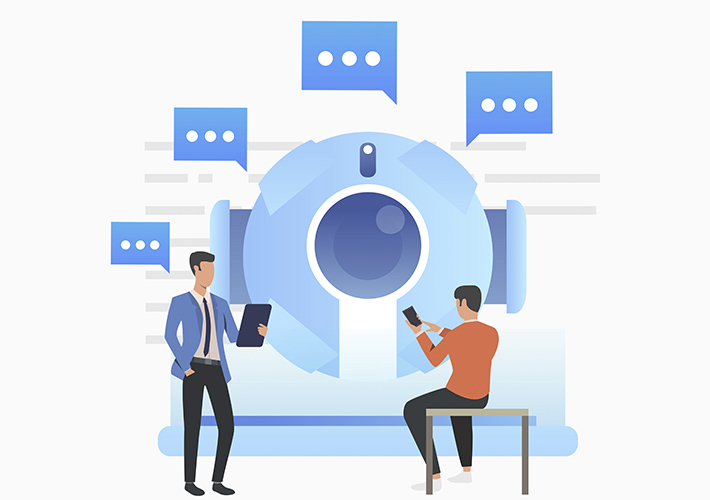
In recent times, the integration of Artificial Intelligence (AI) into recruitment has significantly reshaped the landscape of talent acquisition. More than just a fleeting trend, AI has become a transformative force impacting every stage of the talent acquisition cycle.
AI plays a pivotal role throughout the talent acquisition journey. One of its key contributions is in automating the initial stages of recruitment, specifically the sourcing and screening of resumes. Through advanced machine learning algorithms, AI efficiently sifts through extensive candidate pools, swiftly identifying individuals with the most relevant skills and experiences.
Enhancing candidate matching goes beyond conventional keyword matching. AI-driven systems utilize sophisticated algorithms to analyze nuanced aspects of candidates' profiles, ensuring a more precise and efficient matching process based on skills, cultural fit, and potential.
Chatbots, powered by AI, have become commonplace in recruitment processes. These bots engage with candidates in real-time, answering queries, collecting initial information, and providing a personalized experience. This not only streamlines the process but significantly enhances candidate engagement.
Predictive analytics, another facet of AI, aids recruiters in making data-driven decisions. These insights predict a candidate's likelihood of success in a role, allowing recruiters to focus their efforts on the most promising individuals.
Revolutionizing the interview process is AI's introduction of video analysis tools. These tools facilitate remote interviewing and analyze facial expressions, tone of voice, and other non-verbal cues, providing additional insights into a candidate's suitability.
Real-time AI use cases in talent acquisition showcase the practical applications of this technology. Textio's Augmented Writing analyzes job descriptions in real-time, providing feedback and suggesting language adjustments to attract a more diverse pool of candidates. Similarly, HireVue utilizes AI for video interviews and response analysis, while Entelo leverages predictive analytics to proactively identify passive candidates open to new opportunities.
Looking ahead, AI holds the promise of further enhancements to address challenges in talent acquisition. Personalization in candidate experience is one avenue for improvement, where AI can tailor interactions based on individual preferences, ultimately enhancing engagement and the overall employer brand.
Continuous learning algorithms are another frontier for development. Implementing algorithms that continuously learn and adapt to changing market trends and candidate behaviors ensures that AI systems remain effective and up-to-date in addressing evolving talent acquisition challenges.
As AI becomes more integrated into talent acquisition, ethical considerations become paramount. Prioritizing fairness, transparency, and bias reduction in AI algorithms is crucial to maintain a diverse and inclusive hiring process.
In conclusion, the rise of AI in recruitment has propelled talent acquisition into a new era of efficiency and effectiveness. As technology evolves, the interference of AI in the talent acquisition cycle will only deepen. By addressing challenges in talent discovery and acquisition and incorporating real-time AI use cases, organizations can unlock the full potential of AI, making recruitment processes more streamlined, data-driven, and ultimately successful. The future promises even greater advancements, ushering in a new age of intelligent talent acquisition.